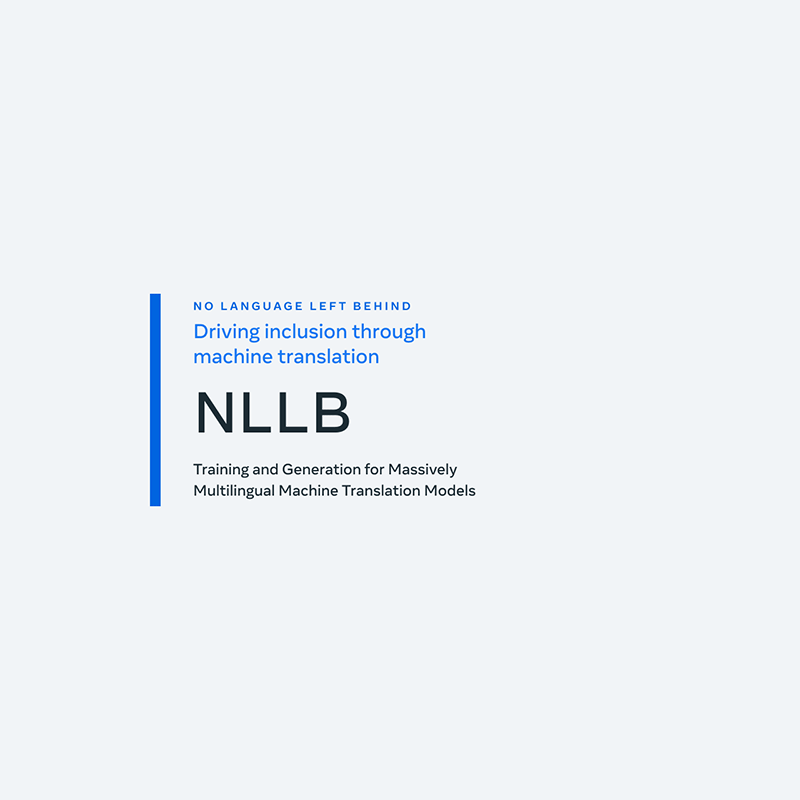
Billions of people live on Earth, living side-by-side, speaking thousands of languages.
Meta, the company that was born out of a Facebook rebrand, wants to understand anyone, anywhere, no matter what language they speak. There are lots of translators apps and software out there, but Meta wants to go beyond that.
As the company deals with various people speaking languages many others may have never heard of, Meta is able to create an AI capable of becoming a universal, instantaneous speech translator.
It's called the 'No Language Left Behind' (NLLB), and it has been on the works for years.
And according to Meta in a website post, this universal translator can translate 200 languages, including many that aren't supported by existing commercial tools.
To make this tool accessible to more people, the company is open sourcing this technology.
In a blog post explaining what the technology does, the company said that the AI model can learn from languages with fewer examples to train from.
Here, the company is able to train the AI using low-resource and direct speech-to-speech translation systems.
After that, Meta expands that so the models can work across many languages and different modalities.
The result is the NLLB-200 — a massive multilingual translation system for 202 languages.
To measure the AI's success across hundreds of languages, the team assessed the model’s performance on the FLORES-101 dataset, which evaluates translations of low-resource languages.
"Despite doubling the number of languages, our final model performs 40% better than the previous state of the art on Flores-101," said the researchers.
This AI has been used on Meta's properties, and has shown improved machine translations on both Facebook and Instagram, as well as Wikipedia.
What makes our NLLB-200 translation model an AI breakthrough?
Translates b/t 200 languages w/verified high quality
Automatic dataset for low-resource languages
New open-source evaluation tools to assess quality in all 200 languages
https://t.co/ydF0D8Z48a
(1/4)— Meta AI (@MetaAI) July 7, 2022
Besides open sourcing NLLB, the company is also open-sourcing all the researchers' benchmarks, data scripts, and models to support further research.
In the end, Meta hopes that the collaboration could help NLBB become the universal translator for everyone who needs it.
"We just open-sourced an AI model we built that can translate across 200 different languages -- many which aren't supported by current translation systems," Mark Zuckerberg said.
"We call this project No Language Left Behind, and the AI modeling techniques we used from NLLB are helping us make high quality translations on Facebook and Instagram for languages spoken by billions of people around the world."

Open-sourcing the models will also hopefully support speakers of languages that are underserved or under threat.
And among those that can benefit, of course, include Meta itself.
As a company that thrives on user data and advertisements, Meta's success is tied with growth. And this time, Facebook has lost daily users for the first time in its short history.
If Meta can improve the quality of its translations, Meta can certainly ensure that Facebook can remain the largest social media platform.
But looking forward, the company that no longer sees itself a social media company, is anticipating a bigger hype in the metaverse.
With a universal translator, Meta can expect that the AI will benefit the company's business and its transition from being a social media company to become a proper metaverse company.
While open sourcing the technology means that rivals can also benefit from the work, Meta can at least expect its growth to be certain.